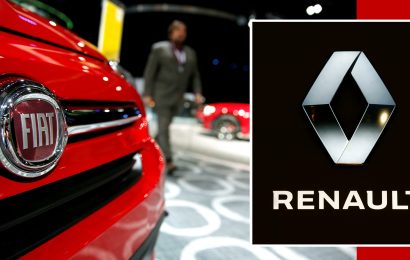The Italian automobile giant Maserati stopped their operations and sales in Iran a while ago. However, the number of people importing Maserati automobiles has not decreased despite the international sanctions imposed on the economy of Iran. This came to light when the Islamic Republic of Iran Customs Administration released the official statistics.
From the start of this Persian Year, 87 Maserati automobiles were imported legally in Iran within 9 months. The combined value of the Maserati vehicles imported stood at $11.2 million. These Italian automobiles were imported from Italy, Germany and Italy. There were three main models imported to Iran. They are the Gran Cabrio, Gran Turino and Quattroporte, which are the favorite Maserati cars among Iranians.
A majority of the imported cars sold in Iran come from two major manufactures: Porsche and Maserati. It is a favorite among popular personalities in Iran, such as celebrities and footballers, who primarily rely on these two car brands. However, the prices of these cars have gone up in the Iranian market due to the sudden depreciation in the exchange rates of Rial.
Despite the fall in the value of Rial against currencies of other countries, people continue to import these premium cars from other countries. The harsh economic sanctions imposed by western nations on the economy of Iran have not affected the import of premium automobiles to Iran.
To improve the economic conditions of Iran, the Ministry of Economic Affairs and Finance had banned the import of Maserati vehicles to Iran. However, they had to lift the ban within a short period of time. Due to the ban, only 10 Maserati cars were imported to Iran in the previous year. 5 Maserati cars were imported from UAE whereas the rest were imported from the manufacturing country of Maserati, Italy.
Maserati is planning to push the sale of its models in Iran by having an official distribution partner in Iran. The Italian luxury car giant is planning to market its cars in the Islamic Republic. However, this decision might not go down well with the manufacturer’s European counterparts.


